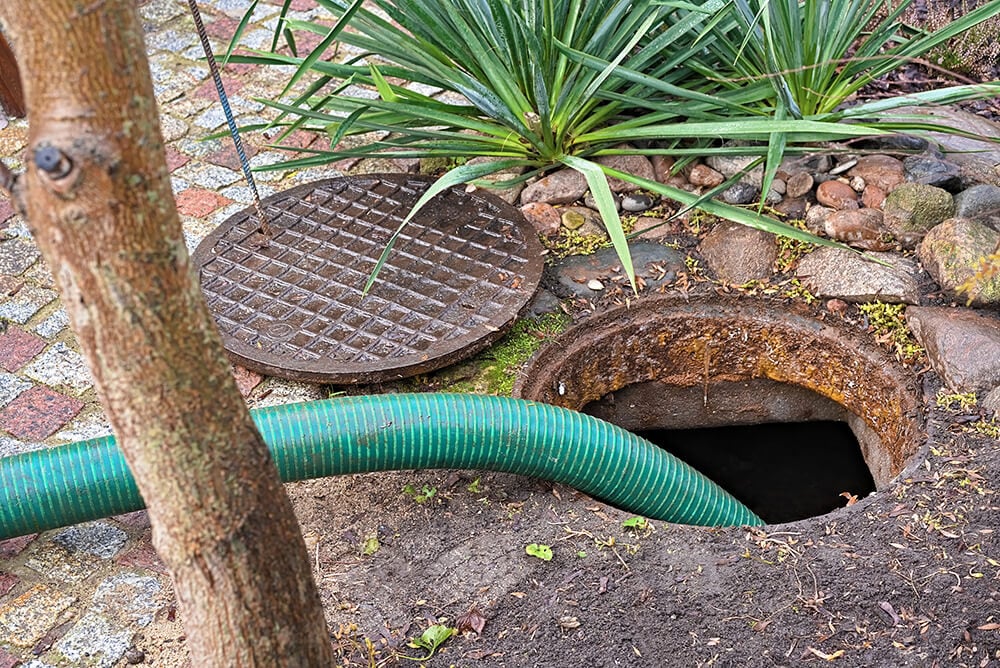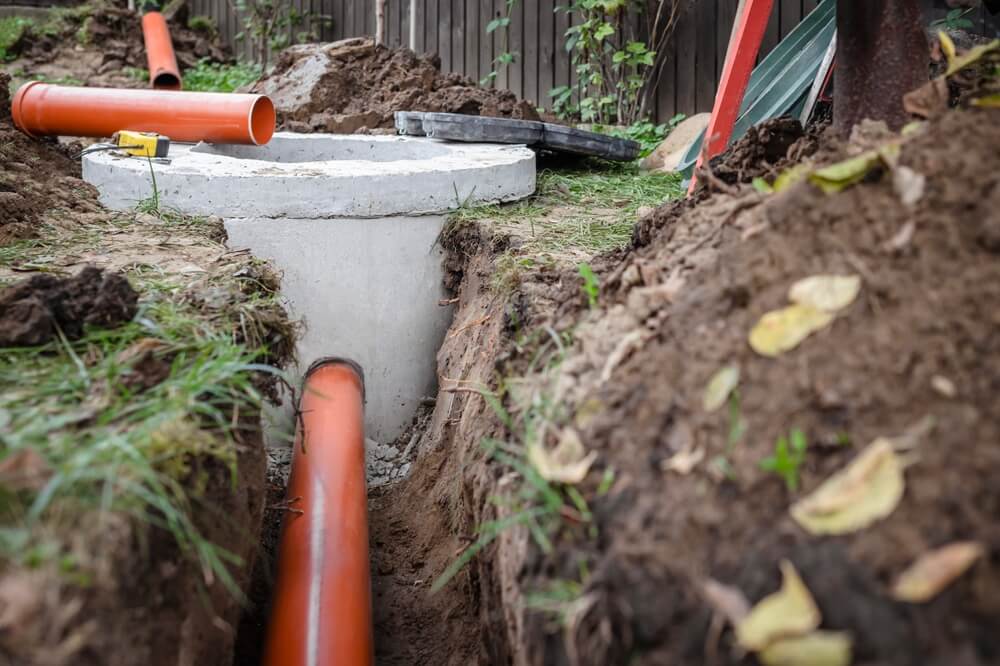How Much Does Septic Tank Installation Cost?

Installing a septic tank is a significant investment for homeowners, especially those in rural areas without access to municipal sewage systems. Understanding the costs involved can help you budget effectively and avoid unexpected expenses. This article breaks down the factors influencing septic tank installation costs, typical price ranges, and answers common questions.
Factors Affecting Septic Tank Installation Cost

Several variables impact the total cost of installing a septic tank:
| Factor | Description |
|---|---|
| Tank Size | Larger tanks cost more but are necessary for bigger households or higher water usage. |
| Material | Common materials include concrete, plastic, and fiberglass, each with different price points and durability. |
| Soil Type | Soil composition affects the drain field design and installation complexity. |
| Labor Costs | Vary by region and contractor expertise. |
| Permits and Inspections | Local regulations may require permits and inspections, adding to the cost. |
| Additional Components | Pumps, filters, or advanced treatment systems can increase expenses. |
Typical Cost Breakdown
| Item | Estimated Cost Range (USD) |
|---|---|
| Septic Tank | $1,500 – $3,000 |
| Excavation and Site Prep | $1,000 – $2,000 |
| Drain Field Installation | $2,000 – $5,000 |
| Permits and Inspections | $200 – $500 |
| Labor | $1,000 – $3,000 |
| Total | $5,700 – $13,500 |
Steps to Installation
- Site Evaluation: A professional inspects soil and site conditions.
- Design and Permitting: Plans are drawn and permits obtained.
- Excavation: The site is prepared and dug.
- Tank Installation: The septic tank is placed.
- Drain Field Setup: Pipes and soil absorption systems are installed.
- Inspection and Testing: Ensures system meets local codes.
Frequently Asked Questions (FAQ)
Q1: How long does septic tank installation take?
A: Typically, installation takes 1 to 3 days, depending on site conditions and system complexity.
Q2: Can I install a septic tank myself?
A: Due to technical and legal requirements, professional installation is strongly recommended.
Q3: How often should a septic tank be pumped?
A: Generally, every 3 to 5 years, but frequency depends on tank size and household usage.
Q4: Are there financing options available?
A: Some contractors and local governments offer financing or assistance programs.
Conclusion
Septic tank installation costs vary widely based on multiple factors, but understanding these can help you plan your budget effectively. Always consult with licensed professionals to ensure compliance and system longevity.
This article aims to provide a clear, detailed overview to help homeowners make informed decisions about septic tank installation costs.
